Business
Nigeria’s GDP To Grow By 1.9% – IMF
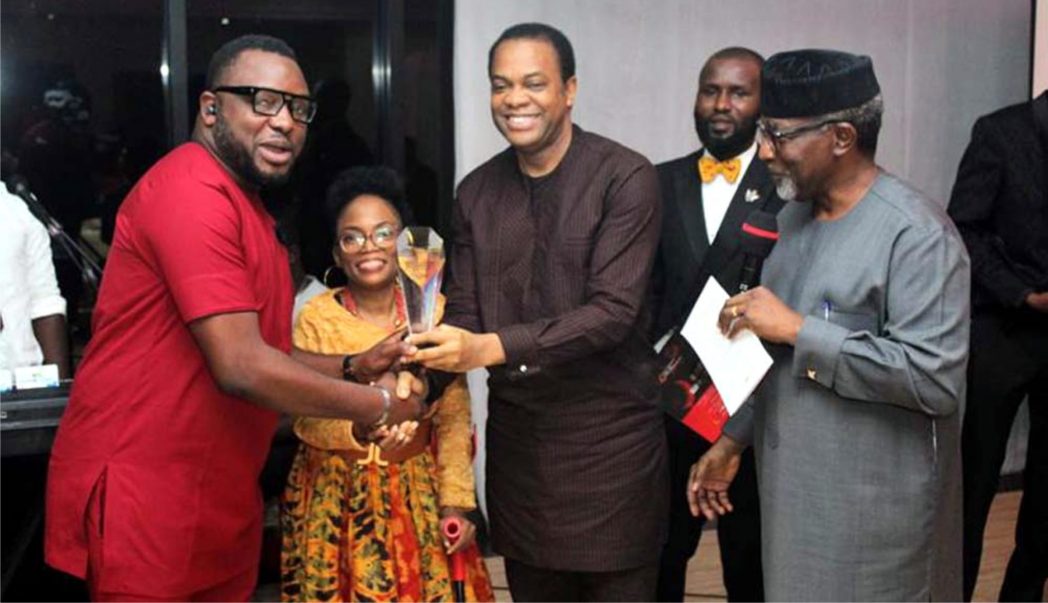
The International Monetary Fund (IMF), says Nigeria is expected to grow by 1.9 per cent in 2018, up from 0.8 per cent in 2017, mostly owing to fewer disruptions in oil production.
The IMF Senior Resident Representative for Nigeria, Mr Amine Mati said this while presenting the “Fall 2018 Regional Economic Outlook for Sub-Saharan Africa’’ on Thursday in Abuja.
Mati said that some pick-up in the non-oil economy was also responsible for the predicted growth.
“The recovery is expected to contribute about 0.7 percentage points to the region’s average growth in 2018 and lift activity in Nigeria’s trading partners through stronger remittances, financial spillovers and import demand.’’
He also said that average growth for the region was expected to reach about 3.1 per cent in 2018, up from 2.7 per cent in 2017.
According to him, recovery in sub-Saharan Africa is expected to continue amidst rising risks as growth momentum improved most notably for oil exporters, mainly in Nigeria, but remains subdued in South Africa.
He also said that as the magnitude of capital flows to the region increased, the volatility also increased.
He, however, said that further escalation of trade tensions could threaten the recovery, adding that if the tensions persist, it would have potential impact on Gross Domestic Product (GDP).
Mati also said that public debt was diverting more resources toward interests payments, adding that for Nigeria, though debt to GDP was quite low, more than 50 per cent of revenue went into interest payments.
He said that increase in revenue was very important to bridge the gap to ensure that revenue to GDP was sufficient to pay up and service the debt profitably.
The IMF representative also said that meeting the Sustainable Development Goals (SDGs would require stronger growth and more financing.
He said that policies that would enhance creation of about 20 million new jobs yearly in the region to meet the demand was needed as meeting the SDGs by 2030 was dependent on that.
Mati, however, said that job creation was complicated by uncertainty on the extent to which technology replaces labour.
The Deputy Governor, Economic Policy, Central Bank of Nigeria (CBN), Mr Nnanna Okwu said capital inflows into Nigeria responds to both domestic and external shocks.
Represented by Mr Friday Ogwuche, also of the CBN, Okwu said Foreign Direct Investments (FDIs), inflows were becoming more diversified in response to the changing structure of the Nigerian economy.
He said that there were certain factors shaping capital inflow behaviour in recent times, adding that high oil prices and growth in external reserves provides confidence for capital inflows into the country.
Okwu also said that tepid recovery from recession and relatively stable macroeconomic environment provided impetus for capital inflows back to Nigeria between 2017 and 2018.
“Also, uncertain political environment as a result of the 2019 general elections is a source of concern for foreign investors and may have influenced capital reversal in recent months.’’
He, however, said that as at 2017, data indicated that Akwa Ibom, Lagos, Abuja and Ogun states drew the highest capital inflows because of gradual improvement in infrastructure in those places.
The Director-General, Debt Management Office (DMO), Ms Patience Oniha said issues in the international markets also affect Nigeria’s borrowing.
Oniha noted that the U.S dollar interest rates were rising and foreign investors in Nigeria were exiting and selling out because of the rise in these interest rates.
Business
PETAN, Others Unveil ALCO, Get NCDMB’s Support … Mull Synergy With APPO, AU
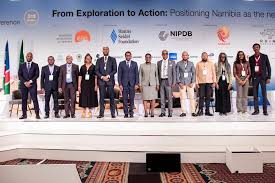
Business
AON Lifts Ban On Freed Ibom Air Passenger
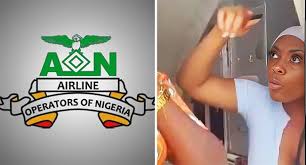
Business
Ex-NIMASA DG Harps On Blue Economy Importance
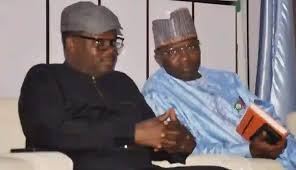
-
Business4 days ago
Investment Flow To Nigeria Drops By 70%
-
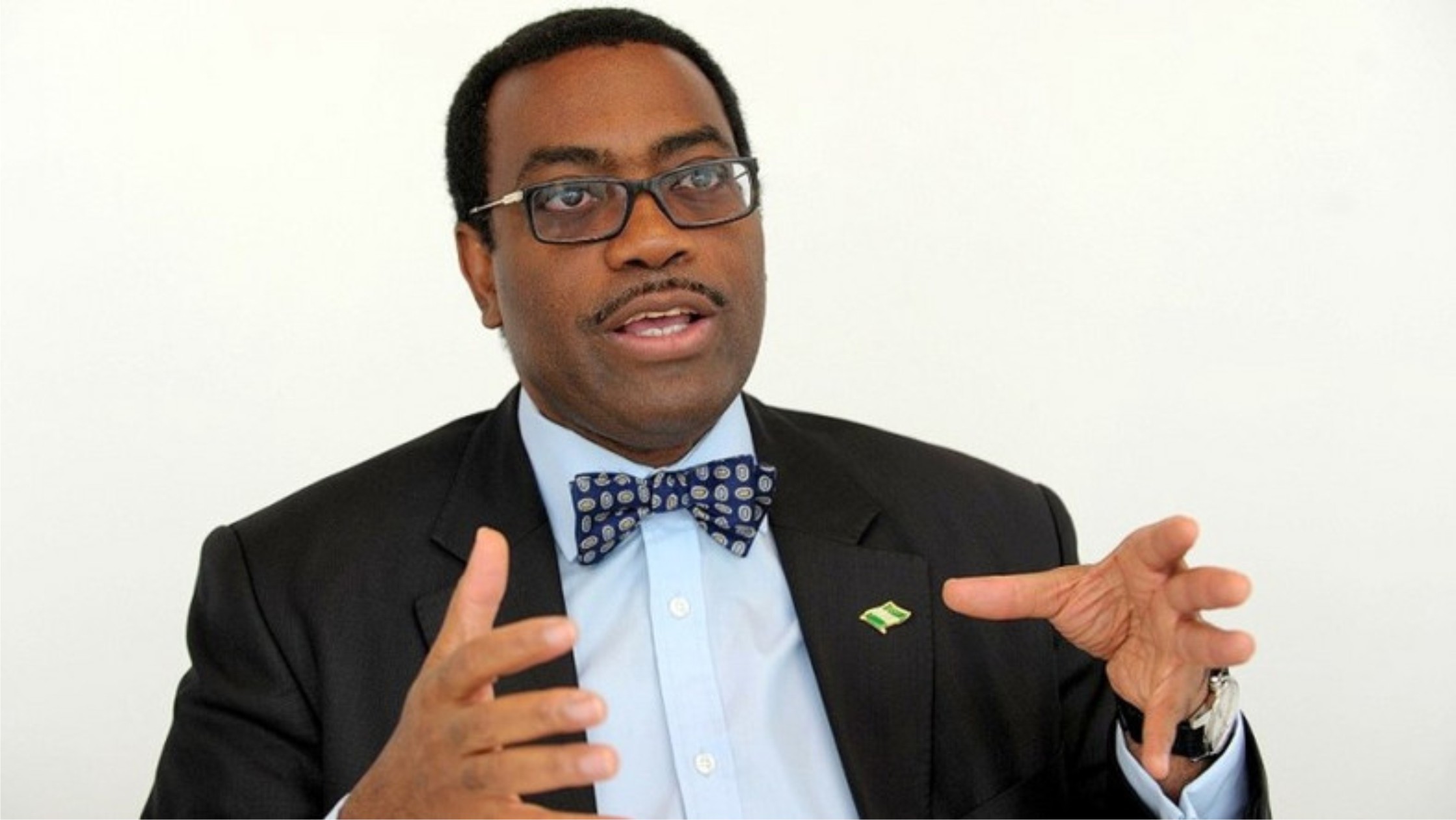
 Business4 days ago
Business4 days agoAfDB Secures N3.4trn For Agro-industrial Processing In Nigeria
-

 Featured4 days ago
Featured4 days agoNigeria Accounts For 70% Of 11m Illegal Arms In W/Africa
-
Business4 days ago
CBN Plans Legal Action Against FX Contract Violators
-
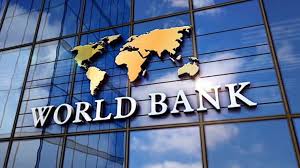
 News1 day ago
News1 day agoNigeria’s Debt To W’Bank IDA Hits $19.2bn -Report
-
Politics4 days ago
APC Doesn’t Have Money, Relies On Elected Members For Funds – NWC Member
-
Politics4 days ago
Rivers LG Polls: IPAC Asks Political Parties Not To Participate
-
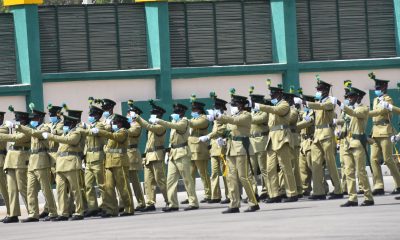
 News4 days ago
News4 days agoNCos Frees 28,149 Inmates After Payment Of Fines, Compensation In 2024

